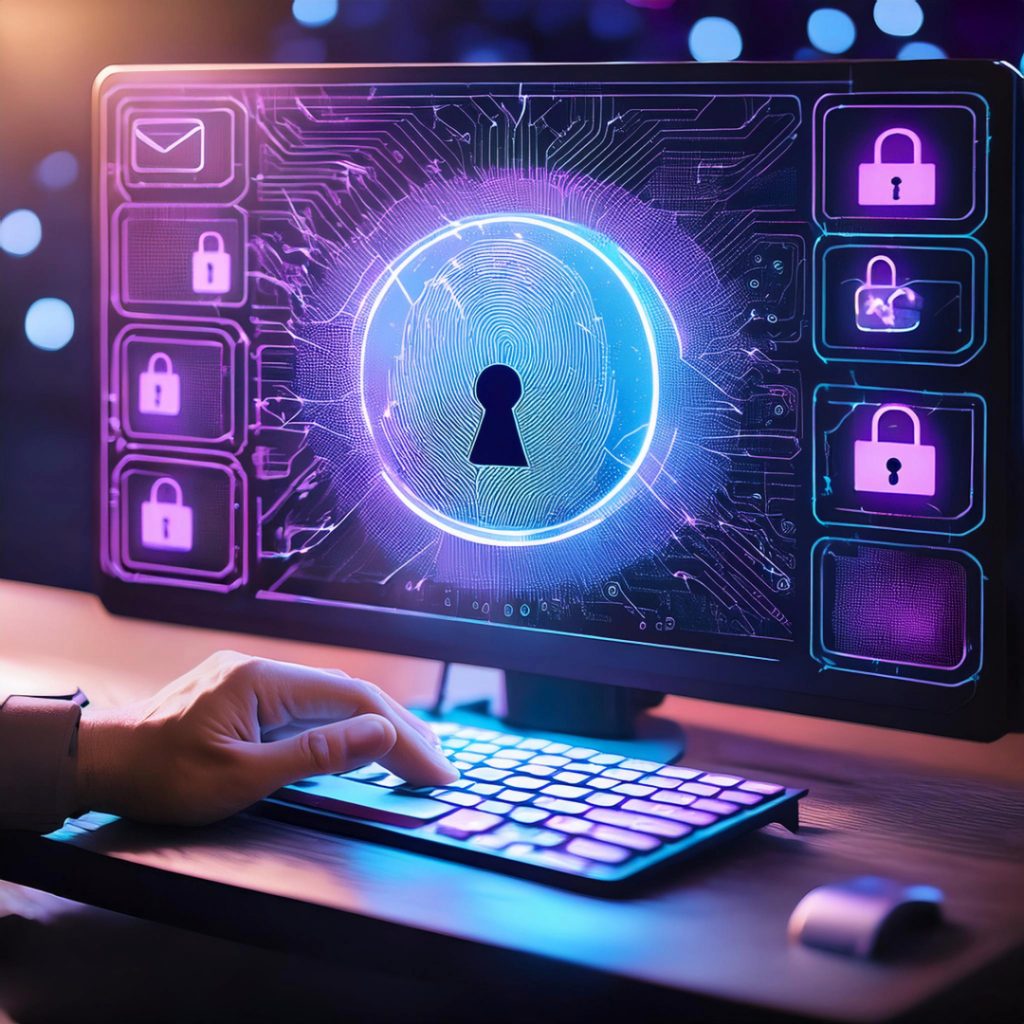Ensuring Data protection
In today’s digital age, ensuring Data protection is a critical responsibility for every organization. Moreover, it involves protecting sensitive data, establishing clear roles, and raising employee awareness to combat evolving cyber threats. By adopting proactive measures, businesses can prevent data breaches and reduce potential risks, maintaining the integrity and security of their operations.
Who Ensures Information Security ?
Responsibility for Data protection is shared across all employees, with each playing a key role in protecting the organization’s information. However, the primary responsibility begins with senior management, who lead the organization’s security strategy and ensure that the importance of information security is communicated to all levels.
Senior Management
Responsible for setting security policies, approving budgets, and managing risks. In addition, they ensure that all employees comply with the security guidelines.
Employees
Every employee must adhere to the company’s security policies, understand potential risks, and consequently actively contribute to preventing breaches and ensuring data protection.
Suppliers and Third Parties
Suppliers and contractors must meet the same security standards. Furthermore, the company can audit their security measures to protect sensitive data.
CIA Principles of Information Security
The CIA Triad represents the three fundamental principles of information security: confidentiality, integrity, and availability.
Confidentiality
Ensures that sensitive information is accessible only to those who are authorized. In addition, this principle protects against unauthorized access, whether intentional or accidental, to maintain privacy and prevent data breaches.
Integrity
Ensures that information remains accurate, complete, and unaltered. As a result, this principle protects data from unauthorized modifications, ensuring that it can be trusted and used reliably.
Availability
Ensures that information and systems are accessible to authorized users when needed. Additionally, it focuses on keeping systems running smoothly and preventing disruptions from attacks or failures.
Information Security Tips

Keep Software Updated
Ensure all software is up to date, as updates often include important security patches that protect against vulnerabilities.

Use Strong Passwords
Choose complex passwords with a combination of letters, numbers, and special characters. Use a password manager for added security.

Avoid Clicking on Unknown Links
Suspicious links in unfamiliar emails can lead to phishing attacks. It’s safer to delete these emails without interacting.

Monitor Access Privileges
Regularly review user access to ensure employees only access necessary information, reducing unauthorized access risks.

Encrypt Sensitive Data
Sensitive information should always be encrypted, whether stored in the cloud or transmitted, to ensure privacy and security.

Prevent Phishing Attacks
Train employees to recognize phishing and handle suspicious emails with care, avoiding risky links and attachments.
Our BEST CYBER Solutions
Ciso as a Service
Providing your organization with dedicated security leadership to develop and implement effective cybersecurity strategies and programs.

Penetration Test
Conducting thorough assessments to identify and remediate vulnerabilities in your systems, ensuring robust protection against potential attacks.

DFIR
Offering swift and effective digital forensics and incident response, including detailed investigations, recovery strategies, and comprehensive support to mitigate future risks.







